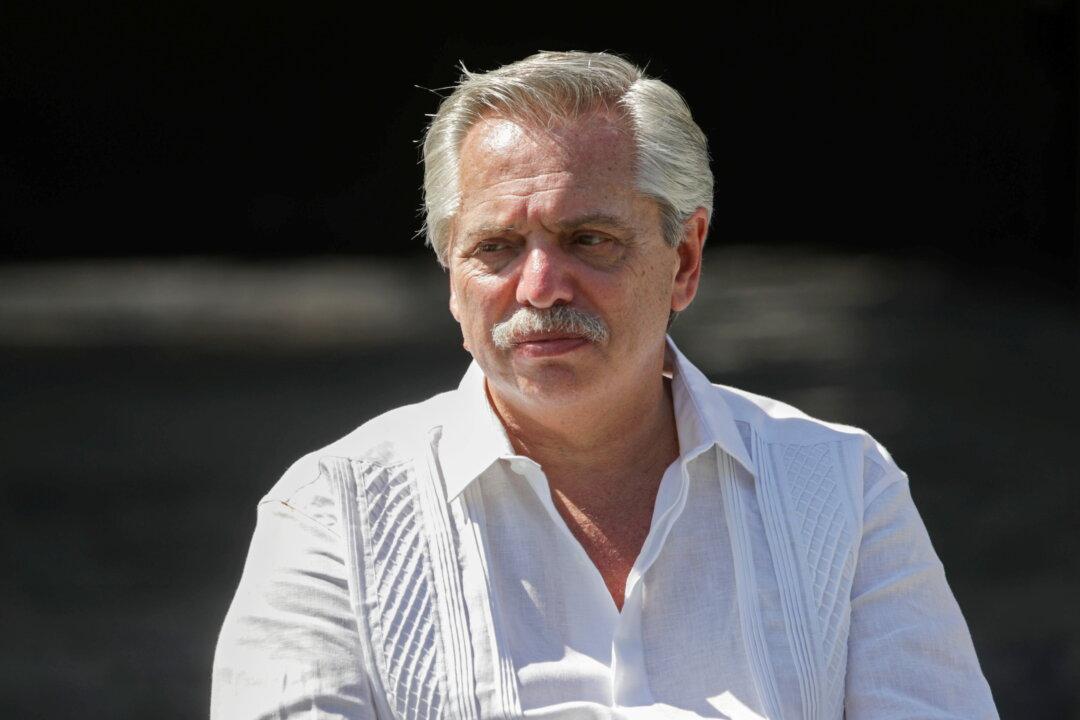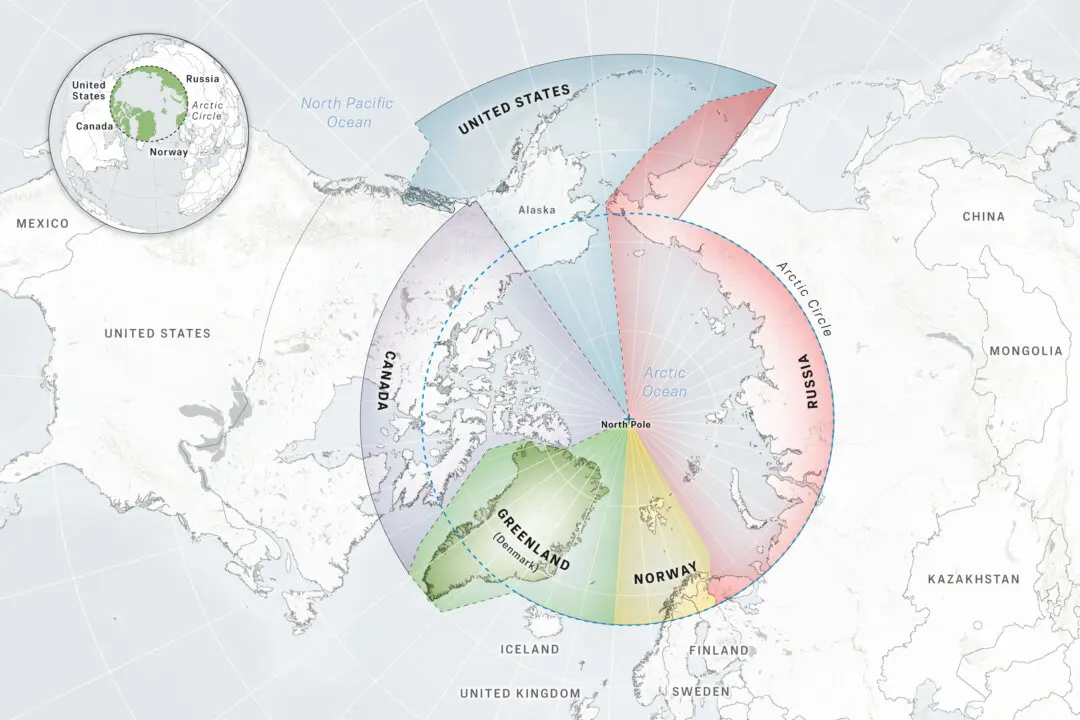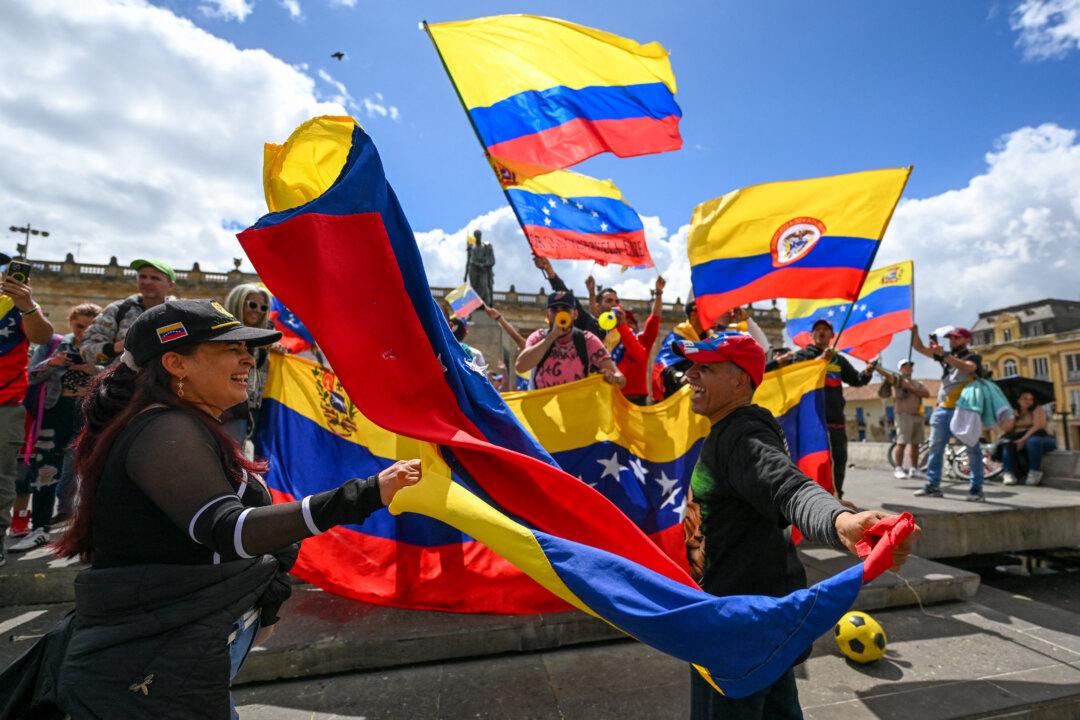SANTA CRUZ, Bolivia—On Feb. 15, the second installment of Beechcraft TC-12B Huron military aircraft arrived in Argentina from the United States as part of a joint defense initiative between the countries.
The timing proved awkward, however, because of tensions with the U.S. triggered by Argentine President Alberto Fernández’s remarks to Russian President Vladimir Putin during an official visit on Feb. 3, when Fernández expressed a desire to “leave behind the great dependency on the United States.”





